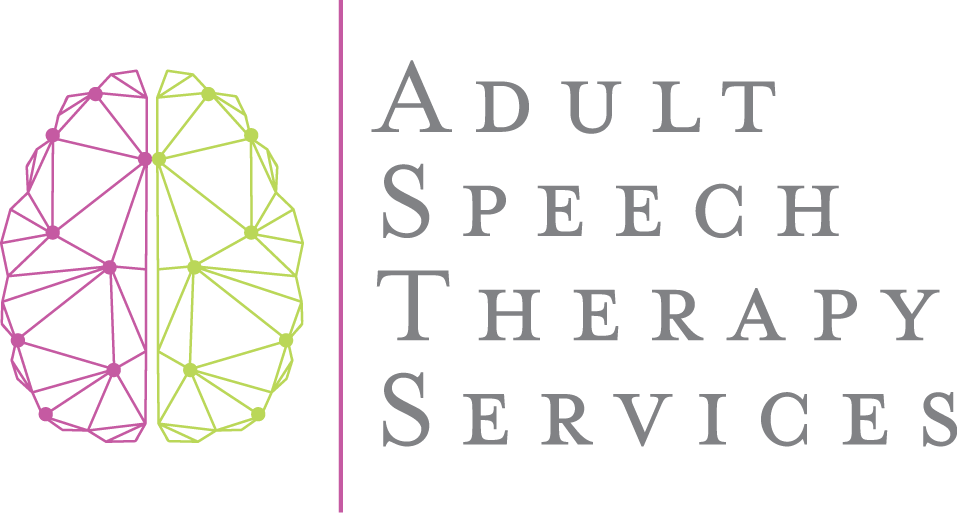Evaluation and Treatment of Swallowing Disorders
It’s possible from time to time to experience difficulty swallowing. If it persists, it could be a serious medical condition called dysphagia. Occurring at any age, this is a condition most that commonly affects adults and makes swallowing difficult and / or painful. With dysphagia, it takes more time and effort to move food or liquid from the mouth to the stomach, and in some cases swallowing can be uncomfortable.

Dysphagia Symptoms:
There are multiple symptoms associated with this condition, including but not limited to:
- Coughing / gagging while swallowing
- Dehydration
- Drooling
- Feeling as if food is stuck either in the throat or chest
- Frequent heartburn
- Hoarseness
- Inability to swallow
- Pain while swallowing
- Regurgitation (food coming back up)
- Weight loss
How Is Dysphagia Diagnosed?
Before you can begin treatment, you first need an exam and a proper diagnosis. These tests often include an instrumental swallow study, which allow medical professionals to see what happens inside your mouth and throat when you swallow. The swallow can be visualized using a modified barium swallow study (MBS) (via x-ray) or a fiberoptic endoscopic swallow evaluation of the swallow (FEES) (via endoscopy.) The MBS study is typically completed in a hospital setting.
At Adult Speech Therapy Services, we are excited to offer FEES evaluations from the convenience of our office.
The fiberoptic endoscopic evaluation is a tool used by the speech-language pathologist to accurately diagnose swallowing disorders. During the procedure, a thin flexible instrument called an endoscope is passed through your nose. A small camera and light are attached to the end of the tube that allows your speech therapist to see your larynx, pharynx, and trachea.
This test serves several purposes. It allows your speech therapist to identify the parts of your mouth and throat that aren’t functioning properly and helps them determine an appropriate treatment plan. The treatment plan may included swallowing exercises, and/or recommendations to avoid certain liquids or foods. It also helps identify whether there are certain techniques you can use to help you swallow easier
Where Should I Go for the Fiberoptic Endoscopic Evaluation or Other Testing to Diagnose Dysphagia?
Your first step to a successful diagnosis is a consultation with Adult Speech Therapy Services. We offer clinical bedside evaluations and FEES in our office, as well as swallowing therapy via telehealth after your diagnosis.
Contact us at 301-323-8486 to schedule your free consultation today!
Testimonials


